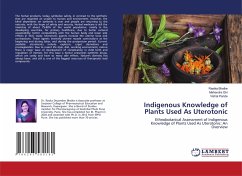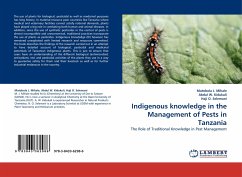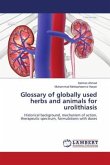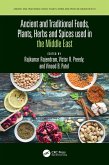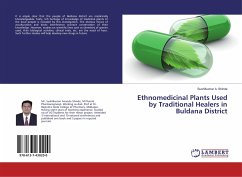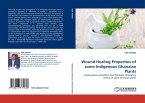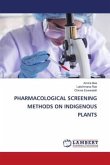The herbal products, today, symbolize safety, in contrast to the synthetic that are regarded an unsafe to human and environment. However, the blind dependent on synthesis is over and people are returning to the naturals, with the hope of safety and security. Herbal medicine is still the mainstay of about 75-80% of the world population, mainly in the developing countries, for primary healthcare, due to better cultural acceptability, better compatibility with the human body and lesser side effects in their study. Uterotonic agents increase the uterine tone and contractions. These agents intensify uterine muscle contractions at the beginning and during labor, and during the postpartum period. Current available uterotonics include oxytocin, ergot derivatives and prostaglandins. Due to resent life style, diet, working environment, nature there is major issue of development of complication in child birth and regulation of menses. For this issue a doctor prescribes synthetic drugs, which are costly and have so many side effects. Nature's diversity has always been, and still is, one of the biggest resources of therapeutic lead compounds.
Bitte wählen Sie Ihr Anliegen aus.
Rechnungen
Retourenschein anfordern
Bestellstatus
Storno

